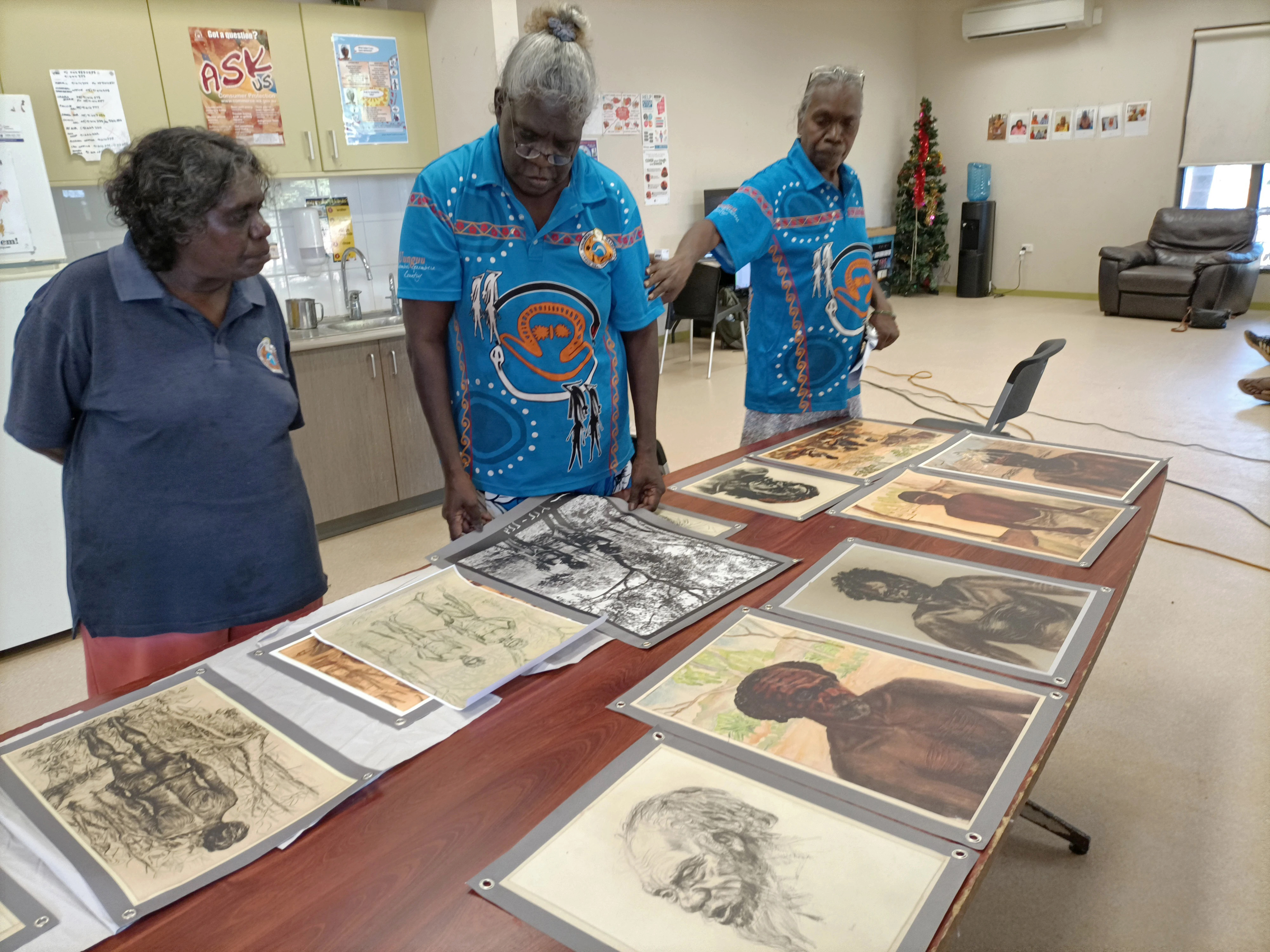The Frobenius Institute in Toronto
Our colleagues Sophia Thubauville and Kim Glück are participating in this year's American Anthropological Association Conference in Toronto (14.11.2023 - 19.11.2023). They are presenting the Frobenius Institute's latest publications in the exhibition hall.


Workshop: „The Future of Informal Markets and Trade in Central Asia and the Caucasus” in Tbilisi (Georgien)
In der ersten und zweiten Novemberwoche haben sich die Mitarbeiterinnen und Mitarbeiter des von der Volkswagen Stiftung geförderten und am Frobenius Institut angesiedelten Forschungsprojektes „Informal Markets and Trade in Central Asia and the Caucasus“ in Tbilisi (Georgien) getroffen, um über die Endphase des Projektes zu sprechen und Ideen für Anschlussprojekte zu sammeln.

Frobenius-Institut vergibt Forschungsföderungspreis
Frobenius-Institut für kulturanthropologische Forschung zeichnet die besten kulturanthropologischen Dissertationen im deutschsprachigen Raum aus.

Colloquium on current research WiSe 2023/24

Prof. Andrew Apter becomes Fellow at the Forschungskolleg Humanwissenschaften
Prof. Andrew Apter will be our Fellow at the Forschungskolleg Humanwissenschaften from 6 October and will spend his stay studying the archival records of Leo Frobenius' trip to Nigeria.

Plant heritage: Human-plant relations and valuations in the Caucasus and Central Asia
Speakers were: Jeanine Dagyeli, Togzhan Utetileuova, and Susanne Fehlings

Places revisited and records reviewed: Wilinggin Traditional Owners and researchers on Country
For the last three years, a team from the Frobenius Institute in Germany and the University of Western Australia has been working on making ethnographic materials, that have been kept in Germany for more than 80 years, accessible to Wanjina Wunggurr Traditional Owners.

“Towards collaborative research on cereal cultures in South Asia”
The panel "Towards collaborative research on cereal cultures in South Asia" by Roland Hardenberg, Peter Berger (Institute of Indian Studies, University of Groningen, NL) and Sofia Filatova (Groningen Institute of Archaeology, University of Groningen, NL) has been accepted for the 27th European Conference of South Asian Studies (ECSAS) of the European Association of South Asian Studies (EASAS).

Iranian Visiting Scholar of the Frobenius Institute earns PhD on economic sociology and development
Following her stay as a guest researcher at the Frobenius Institute, Atiyeh Sadeghi has finalized her PhD in economic sociology and development at Ferdowsi university of Mashhad in 2022.

Award of the Frobenius Research Promotion Prize
This annual Frobenius Research Promotion Prize was awarded to Dr des Valerie Nur for her doctoral thesis Promotionsschrift „Handwerkliche Arbeit als soziale Praxis. Eine ethnologische Studie über die handwerklichen Praktiken der endogamen Handwerkergruppe der inadan Tuareg des Aïr in Niger“.
Frobenius material in Kalumburu
 More than 80 years after they were created, the images from the 1938/39 Frobenius expedition are again accessible to the people of the Wunambal Gaambera community in the Kimberley/Australia.
More than 80 years after they were created, the images from the 1938/39 Frobenius expedition are again accessible to the people of the Wunambal Gaambera community in the Kimberley/Australia.







